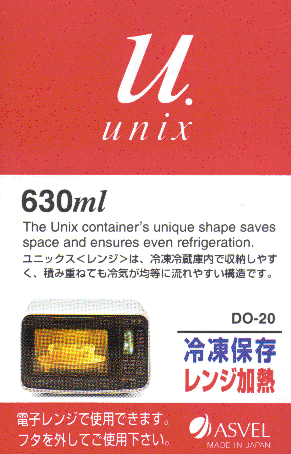

| Main index | Section 3 | Options |
#include <sys/select.h>
The descriptor sets are stored as bit fields in arrays of integers. The following macros are provided for manipulating such descriptor sets: FD_ZERO(&fdset) initializes a descriptor set fdset to the null set. FD_SET(fd, &fdset) includes a particular descriptor fd in fdset. FD_CLR(fd, &fdset) removes fd from fdset. FD_ISSET(fd, &fdset) is non-zero if fd is a member of fdset, zero otherwise. The behavior of these macros is undefined if a descriptor value is less than zero or greater than or equal to FD_SETSIZE, which is normally at least equal to the maximum number of descriptors supported by the system.
If timeout is not a null pointer, it specifies the maximum interval to wait for the selection to complete. System activity can lengthen the interval by an indeterminate amount.
If timeout is a null pointer, the select blocks indefinitely.
To effect a poll, the timeout argument should not be a null pointer, but it should point to a zero-valued timeval structure.
Any of readfds, writefds, and exceptfds may be given as null pointers if no descriptors are of interest.
| [EBADF] | |
| One of the descriptor sets specified an invalid descriptor. | |
| [EFAULT] | |
| One of the arguments readfds, ,, writefds, ,, exceptfds, or timeout points to an invalid address. | |
| [EINTR] | |
| A signal was delivered before the time limit expired and before any of the selected events occurred. | |
| [EINVAL] | |
| The specified time limit is invalid. One of its components is negative or too large. | |
| [EINVAL] | |
| The nfds argument was invalid. | |
If nfds is greater than the number of open files, select() is not guaranteed to examine the unused file descriptors. For historical reasons, select() will always examine the first 256 descriptors.
| SELECT (2) | June 25, 2020 |

| Main index | Section 3 | Options |
Please direct any comments about this manual page service to Ben Bullock. Privacy policy.
